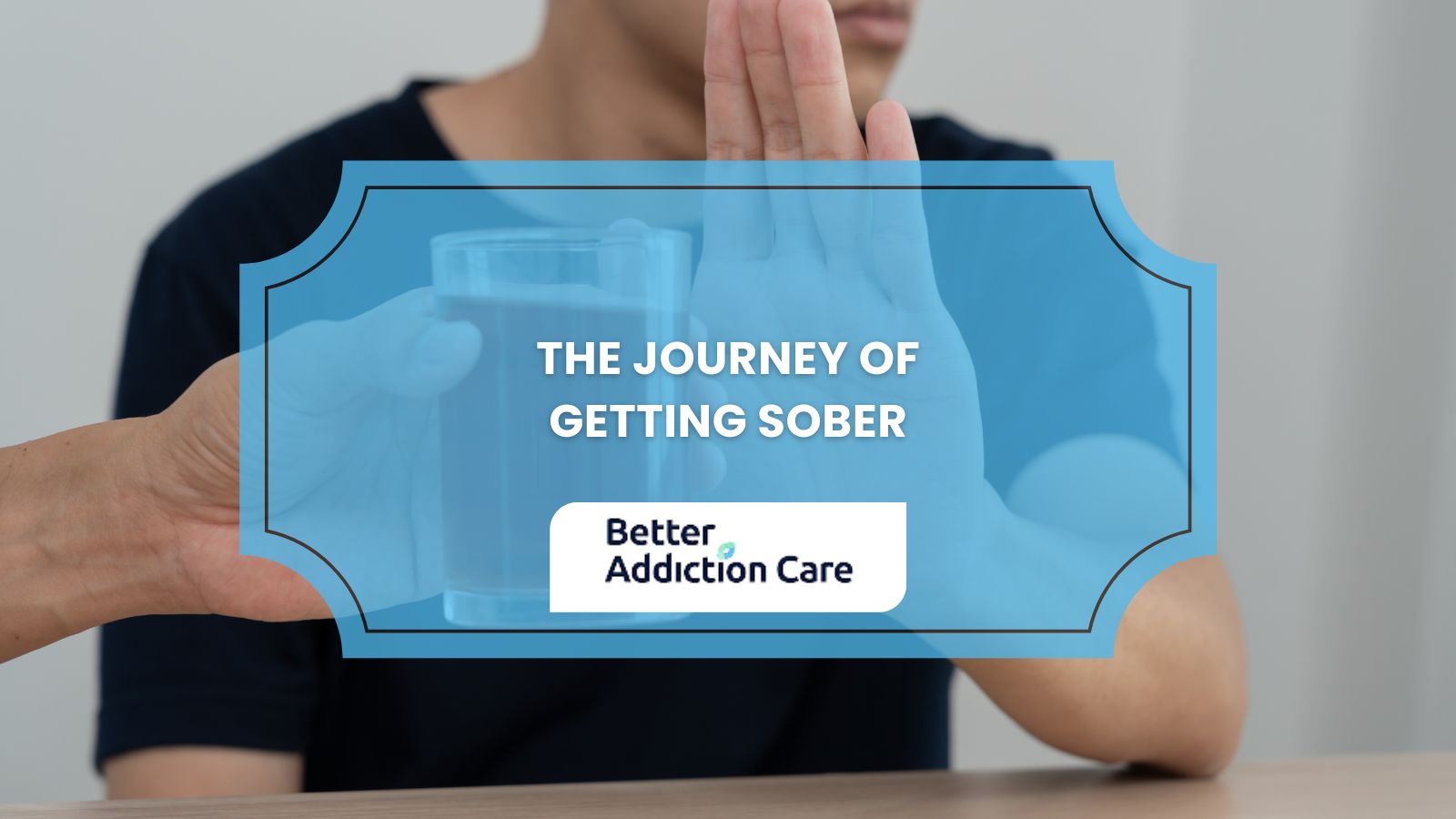Finding Help for Alcoholics
To find help for alcoholism, loved ones should reach out to qualified professionals and support networks. With 224.3 million Americans having consumed alcohol at some point in their lifetime and 61.4 million engaging in binge drinking monthly, the need for accessible treatment resources is significant.
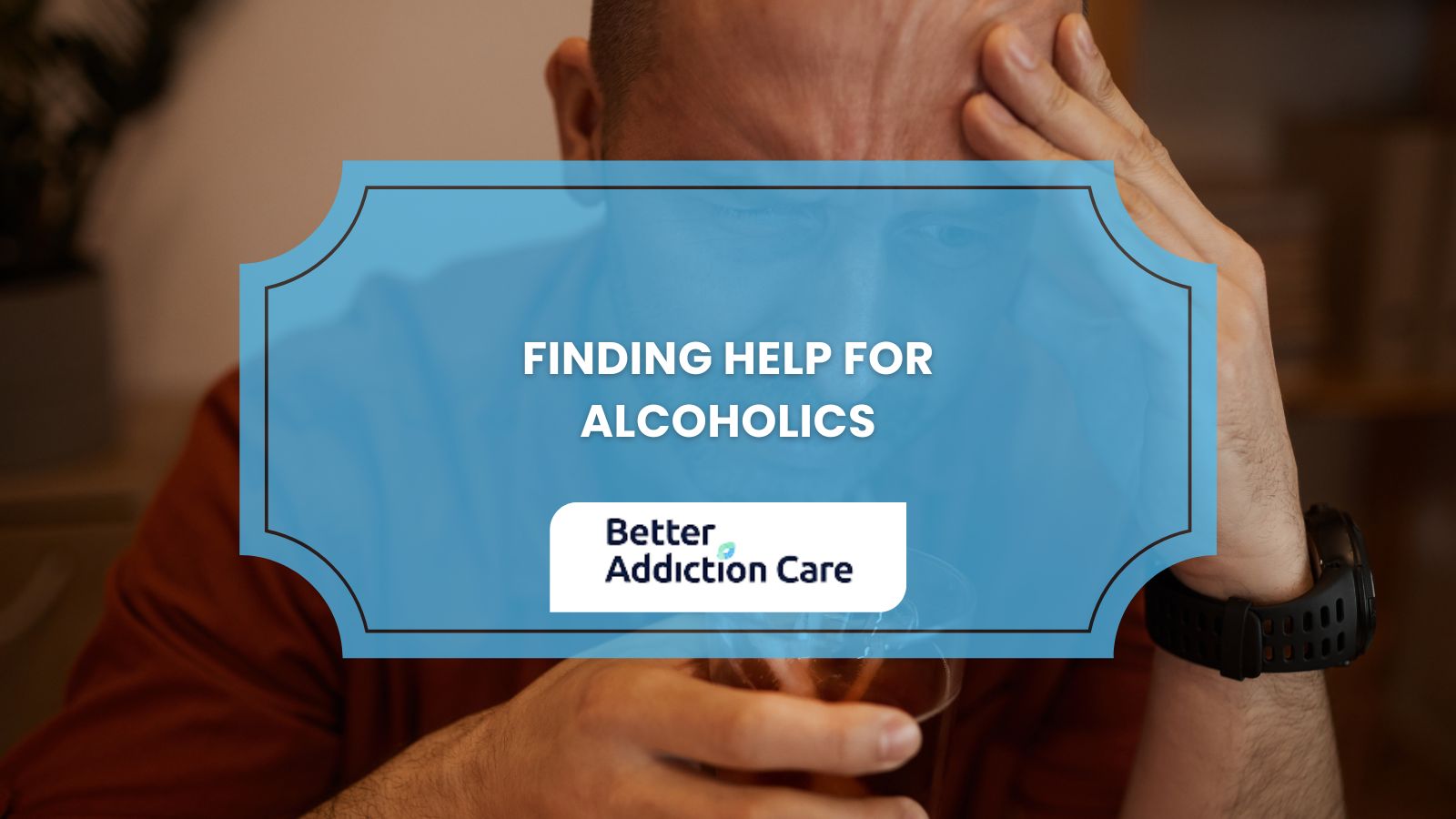
Begin with a medical evaluation by a physician or addiction specialist to assess needs. Use reputable directories to locate accredited treatment centers, hotlines, and licensed therapists. Early engagement with formal services accelerates access to effective care.
To support an alcoholic, loved ones show empathy, set boundaries, encourage professional help, and educate themselves about addiction, while individuals seeking treatment find assistance through healthcare professionals, support groups, rehab centers, and community resources.
What Are Some Tips On How To Help An Alcoholic?
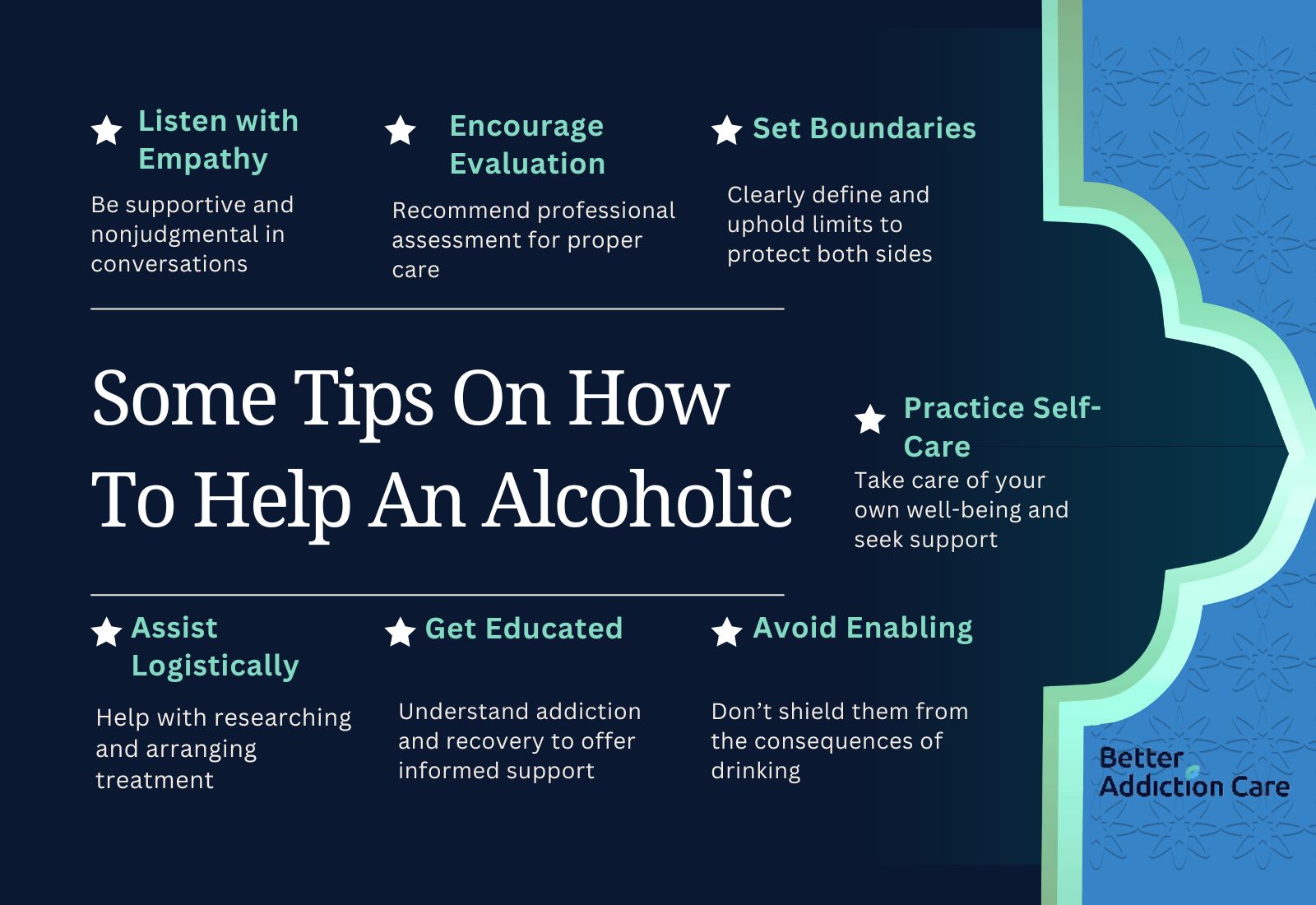
To help an alcoholic, loved ones should combine empathy, firm boundaries, and practical support. Here are some tips on how to help an alcoholic:
-
Listen with empathy: Create a safe space for honest conversation by asking open-ended questions and reflecting their feelings without judgment.
-
Encourage professional evaluation: Suggest a medical or psychiatric assessment to determine the severity of dependence and appropriate treatment level.
-
Set clear boundaries: Define unacceptable behaviors and enforce consequences to protect both parties while supporting recovery goals.
-
Assist with treatment logistics: Offer to research programs, schedule appointments, and provide transportation to ease the path to care.
-
Educate yourself about addiction: Learn about the disease model, withdrawal symptoms, and recovery process to respond effectively and reduce stigma.
-
Avoid enabling behaviors: Do not cover up the consequences of drinking or provide financial assistance that sustains substance use.
-
Practice self-care: Maintain your health and resilience through support groups, counseling, and personal time to remain effective in offering help.
How Do I Recognize When an Alcoholic Needs Professional Help?
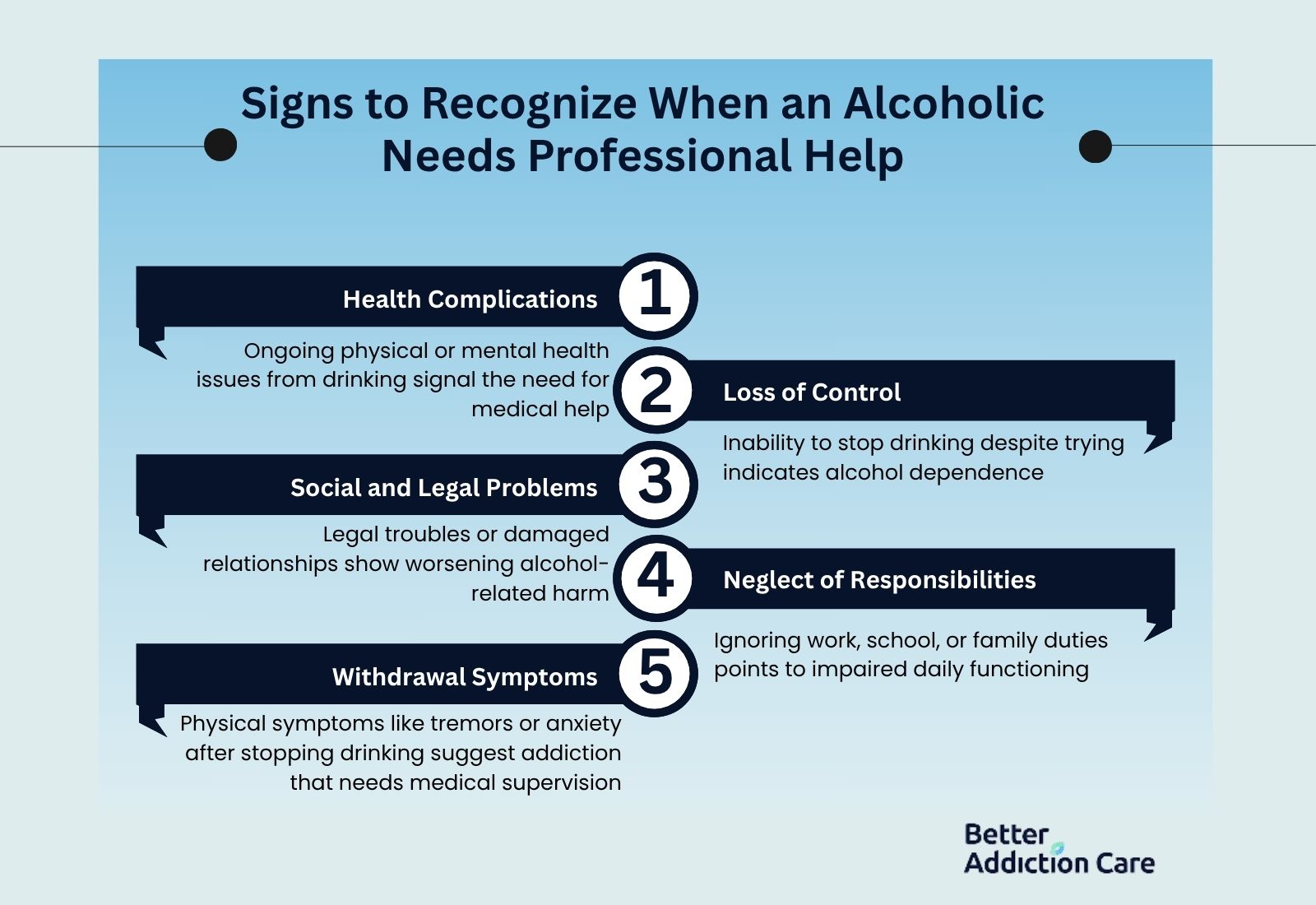
You recognize the need for professional help when alcohol use produces serious consequences that outweigh self-management.
Here are the key signs to recognize when an alcoholic needs professional help:
-
Health complications: Persistent liver issues, frequent injuries, or worsening mental health signal an urgent need for medical intervention.
-
Loss of control: Repeated inability to limit drinking sessions despite intentions indicates dependence.
-
Social and legal problems: DUI arrests, job loss, or estranged relationships reflect escalating risk.
-
Neglect of responsibilities: Dropping work, school, or family duties in favor of drinking shows impaired functioning.
-
Withdrawal symptoms: Tremors, anxiety, or nausea upon abstinence demonstrate physical addiction requiring supervision.
What Are The First Steps Loved Ones Should Take to Find Support?
The first steps loved ones should take to find support include seeking professional medical guidance, connecting with family support networks, identifying credible treatment facilities, and maintaining personal well-being.
Here are the key steps that loved ones should take to find support:
-
Consult a healthcare professional: Schedule a meeting with a physician or addiction specialist to obtain an expert assessment and treatment referral.
-
Reach out to family support groups: Join Al-Anon or similar organizations to share experiences, learn coping strategies, and gain emotional backing.
-
Research accredited treatment options: Use reliable directories to identify licensed rehab centers, outpatient programs, and counseling services.
-
Engage a qualified counselor: Arrange an appointment with a therapist experienced in addiction to receive personalized guidance and strategies.
-
Prepare educational materials: Compile articles, brochures, and online resources to inform discussions and reinforce understanding of alcoholism.
-
Coordinate with community resources: Contact local mental health clinics, faith-based groups, and nonprofit agencies for additional services.
-
Prioritize self-care: Enroll in caregiver support or counseling to maintain resilience and provide sustained assistance without burnout.
Where To Find Help to Treat Alcoholism?
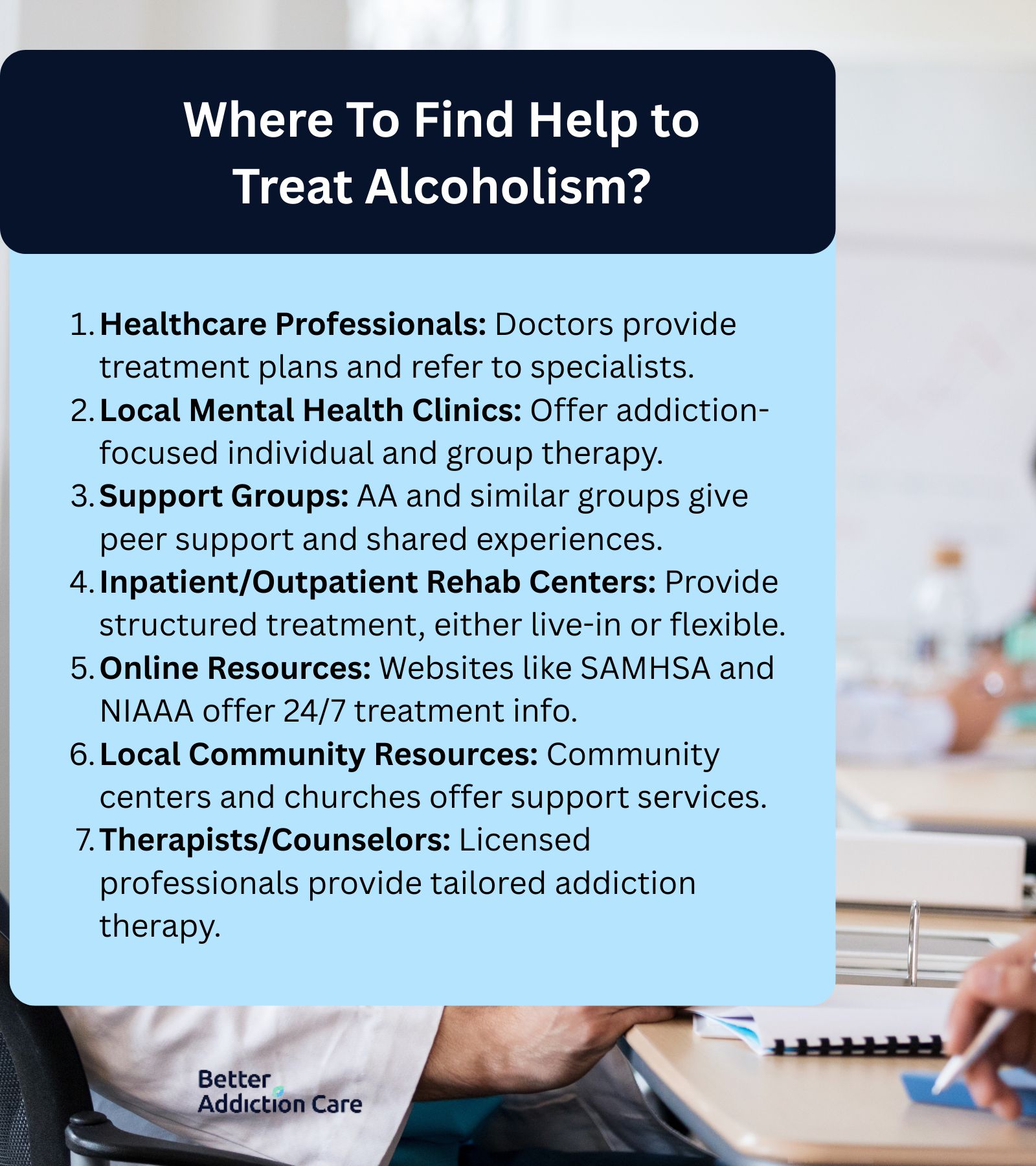
To find help to treat alcoholism, explore medical professionals, community mental health services, peer support networks, residential or outpatient treatment programs, digital resources, local community organizations, and specialized counseling services.
Here are some places where individuals seek assistance:
-
Healthcare Professionals: Consult a doctor to guide your treatment plan. The doctor suggests treatments as you see various medical specialists, therapists, or psychologists, necessary for addiction recovery.
-
Local Mental Health Clinics: Many communities host medical facilities that provide therapy and counseling for alcohol abuse. Neurorehabilitation clinics feature individual and group therapy sessions tailored to the specific disorders faced by individuals struggling with addiction.
-
Support Groups: Engage in group therapy such as Alcoholics Anonymous (AA), which offers invaluable peer support and encouragement from those who have faced similar challenges. AA meetings occur worldwide.
-
Inpatient/Outpatient Rehab Centers: Arrange treatment options at residential centers for intensive, round-the-clock care or at outpatient facilities, allowing you to maintain daily responsibilities while receiving therapy and support.
-
Online Resources: The internet serves as a valuable resource for information on treatment options and support available 24/7. Websites like SAMHSA, NIAAA, and our own Treatment Finder provide essential resources for seeking treatment.
-
Local Community Resources: Community organizations, churches, and centers offer support groups or counseling services for those facing alcoholism issues. Connecting with local resources bridges the gap between individuals needing support and available community services.
-
Therapists/Counselors: Receive counseling from a licensed therapist or counselor skilled in alcohol addiction. These professionals provide individualized support to help you overcome the challenges of the disease. They implement tailored therapy programs that address the psychological issues underlying addiction and develop strategies to prevent relapse.
What Are The Treatment Options for Alcoholism?
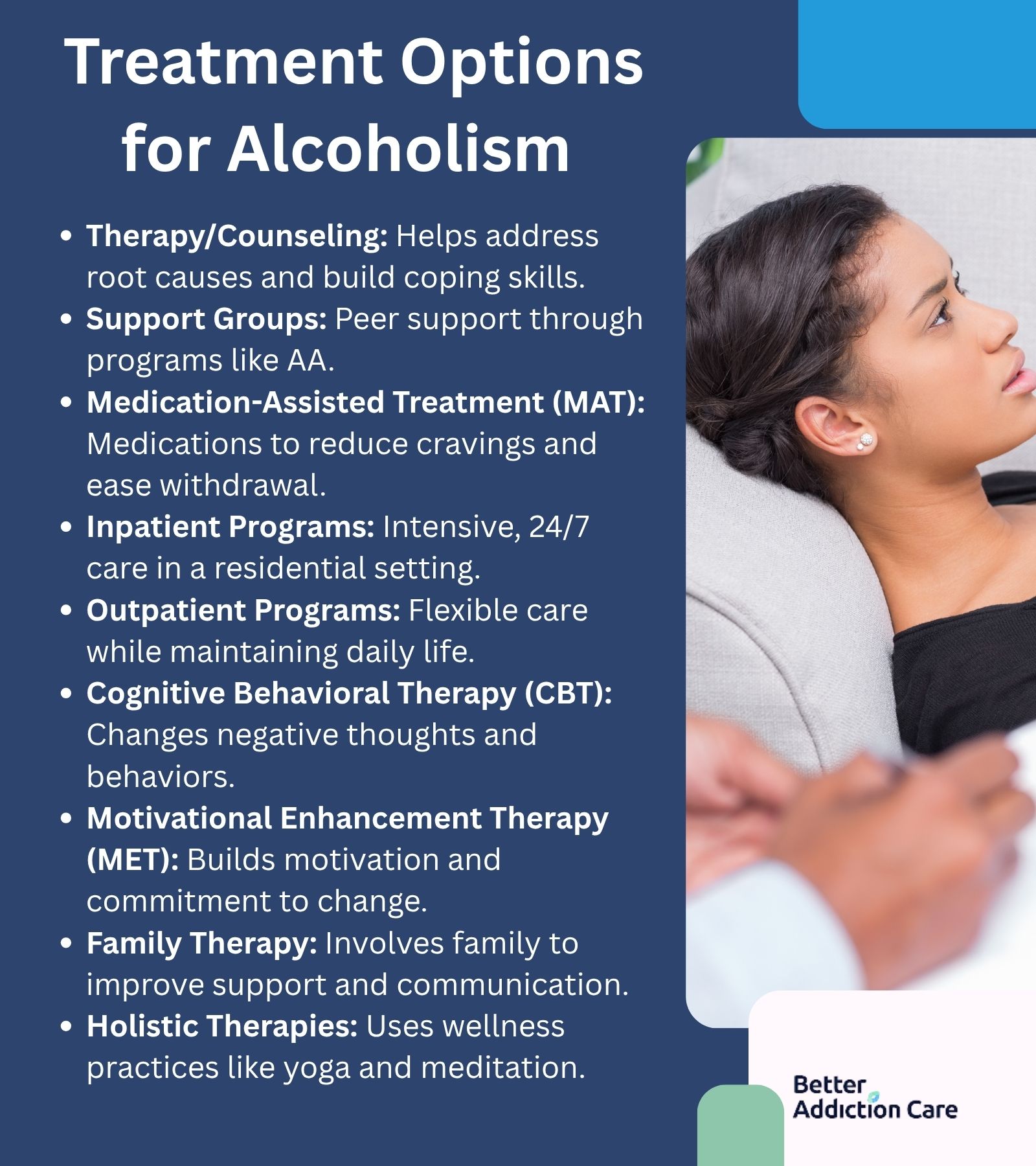
The treatment options for alcoholism include therapeutic interventions, peer support networks, medical assistance, residential care, flexible outpatient services, behavioral modification approaches, motivational counseling, family involvement, and holistic wellness practices.
Here are the treatment options for alcoholism in detail:
-
Therapy/Counseling: Individual or group sessions with licensed counselors help people work through underlying issues that contribute to alcohol abuse. These sessions teach essential coping techniques and strategies for maintaining long-term sobriety through professional guidance and support.
-
Support Groups: Alcoholics Anonymous and similar organizations provide peer support through structured programs, including the well-known 12-step method. These groups create safe spaces where individuals, families, and loved ones share experiences, offer encouragement, and build lasting recovery communities.
-
Medication-Assisted Treatment (MAT): FDA-approved medications help manage withdrawal symptoms and reduce alcohol cravings, making the recovery process more manageable. Medication-assisted therapy includes naltrexone, acamprosate, and disulfiram as part of comprehensive treatment plans.
-
Inpatient Treatment Programs: Residential treatment provides 24/7 medical supervision and intensive therapy in a controlled environment. Inpatient drug rehab offers the highest level of care for those with severe addiction or multiple failed recovery attempts.
-
Outpatient Treatment Programs: Flexible treatment options allow individuals to maintain work, school, or family responsibilities while receiving care. Outpatient alcohol rehab provides various intensity levels to match individual needs and circumstances.
-
Cognitive Behavioral Therapy (CBT): This evidence-based therapy helps individuals identify and change negative thought patterns and behaviors related to drinking. CBT develops practical coping skills and problem-solving techniques essential for preventing relapse and maintaining recovery.
-
Motivational Enhancement Therapy (MET): This counseling approach helps individuals recognize alcohol-related problems and build internal motivation for behavior change. Motivational Enhancement Therapy focuses on strengthening personal commitment to recovery through guided self-reflection and goal-setting.
-
Family Therapy: Including family members in treatment creates stronger support systems and addresses relationship issues that contribute to addiction. Family therapy teaches healthy communication skills and helps rebuild trust while treating addiction as a family disease.
-
Holistic Therapies: Complementary treatments like yoga, mindfulness meditation, acupuncture, and art therapy address the whole person beyond just the addiction. These approaches support traditional treatment by promoting overall wellness, stress reduction, and emotional healing.
How Can Family and Friends Provide Effective Ongoing Support?
Family and friends provide ongoing support by combining clear communication, healthy boundaries, and shared learning. Active engagement with the recovery process reinforces accountability and fosters a stable environment.
Here are the key ways which family and friends provide support:
-
Communication Strategies: Use open-ended questions and reflective listening to encourage dialogue. Avoid blame and focus on specific behaviors rather than personal attacks.
-
Boundary Setting and Self-Care: Establish firm limits around unacceptable behaviors while maintaining empathy. Prioritize personal well-being through self-care routines and, if needed, separate support groups.
-
Family Therapy and Education: Participate in family therapy sessions to address underlying dynamics. Attend educational workshops to understand addiction’s impact and learn constructive response techniques.
How Do I Plan and Execute an Intervention?
You plan and execute an intervention for alcoholism by gathering a small, supportive group and consulting a professional interventionist. Begin with a private meeting where loved ones share clear examples of how drinking has harmed health, relationships, and daily life.
Present a detailed treatment plan detailing the facility, program type, and timeline, and outline expectations for immediate entry into care. A respectful, united approach signals care rather than confrontation, increasing the likelihood that the individual accepts help and enters treatment without delay.
What Aftercare Resources Promote Long-Term Recovery?
Aftercare resources include transitional living, peer networks, and ongoing skill development to sustain sobriety beyond initial treatment.
Here are the key resources to promote long-term recovery:
-
Sober Living and Halfway Houses: Sober living homes offer structured environments with accountability measures and peer support. They bridge the gap between formal treatment and independent living.
-
Alumni Networks and Recovery Coaching: Alumni programs connect graduates with mentors and regular group events. Recovery coaching provides one-on-one guidance to reinforce goals and navigate challenges.
-
Relapse Prevention Strategies: Relapse prevention involves identifying triggers, developing coping plans, and scheduling periodic check-ins with counselors. Incorporate stress-management techniques and regular support meetings to mitigate risk.
Where Can I Locate Community and Peer-Based Resources?
You locate community and peer-based resources by connecting with national fellowships and local support chapters. Start with Alcoholics Anonymous and Al-Anon meetings for structured peer guidance and shared experiences. Visit community centers and faith-based organizations for sponsored support groups, and explore online forums and virtual meetings for additional connection. To streamline your search, we at Better Addiction Care provide our alcohol rehab locator, which helps you find and compare local resources that fit your needs.
Related Articles
Treatment Centers in Virginia
 123
123
 123
123
 123
123


